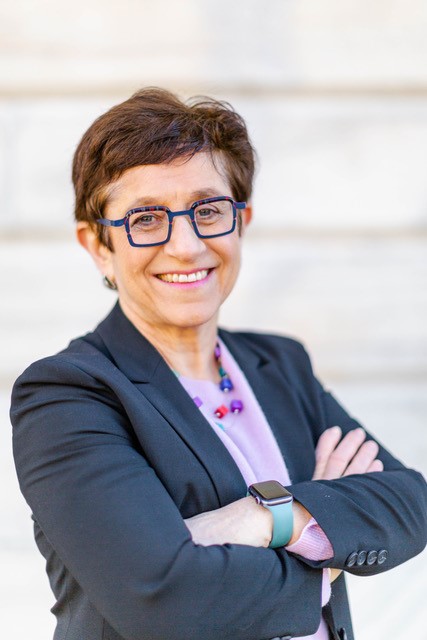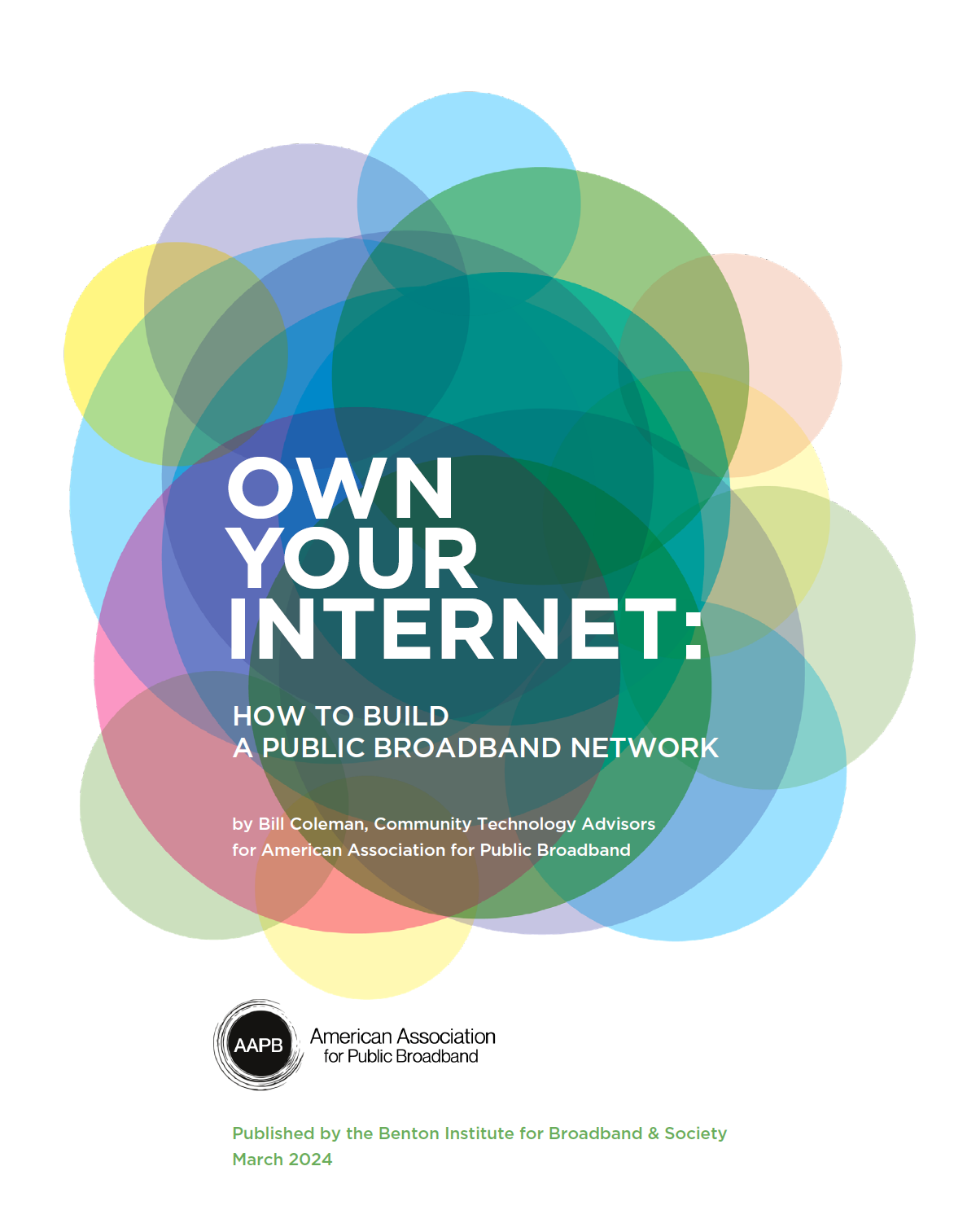How to Build a Public Broadband Network
Wednesday, March 6, 2024
Digital Beat
How to Build a Public Broadband Network

For decades, public broadband networks have been successfully serving hundreds of communities with fast, robust, and affordable internet access. Unlike private-sector networks, municipal, tribal, and other community- and member-owned broadband networks are focused on ensuring universal, robust connectivity at affordable prices. The results have been remarkable. Small cities and regions like Chattanooga, Tennessee; Wilson, North Carolina; Morgan, Utah; and the Massachusetts Berkshire region have been transformed into vibrant centers of economic opportunity, education, and culture.
The COVID-19 pandemic awakened a new interest in public broadband. In an instant, children had to attend classes online, workers had to do their jobs virtually, families and friends had to connect via the internet, and the sick had to visit with their doctors remotely. When it became clear that private network operators were not going to ensure that everyone had an affordable and fast broadband connection, cities and towns took matters into their own hands and started building their own networks.
The growth of public broadband networks has been striking. The Institute for Local Self-Reliance recently reported that as of the end of 2023 there were nearly 450 community-owned networks across the United States, with dozens more projects in the planning and construction phases. In addition, the National Rural Electric Cooperative Association reports that there are more than 200 member-owned cooperative broadband networks. Public broadband networks consistently score at the top of customer satisfaction surveys—indeed, Longmont, Colorado’s NextLight was named PCMag’s Reader’s Choice award for Top Home ISP for 2023. With communities looking to promote economic development, build smart cities, and attract new residents, it is clear that this is public broadband’s moment.
 Yet for all of the progress that public broadband networks have made in recent years, there are still many communities that want to explore network ownership but don’t know where to begin. That’s why the American Association for Public Broadband (AAPB), partnering with the Benton Institute for Broadband & Society, has developed a handbook that sets out, in simple terms, the key decisions a community and its leaders must make, as well as the concrete steps they must take to build a successful public network. Own Your Internet: How to Build a Public Broadband Network, authored by Bill Coleman, also provides a list of resources that can help with both—including law firms, financial advisors, public relations firms, construction firms, equipment vendors, grant applications and management platforms, operational and business support systems, and firms that design, build, and operate networks
Yet for all of the progress that public broadband networks have made in recent years, there are still many communities that want to explore network ownership but don’t know where to begin. That’s why the American Association for Public Broadband (AAPB), partnering with the Benton Institute for Broadband & Society, has developed a handbook that sets out, in simple terms, the key decisions a community and its leaders must make, as well as the concrete steps they must take to build a successful public network. Own Your Internet: How to Build a Public Broadband Network, authored by Bill Coleman, also provides a list of resources that can help with both—including law firms, financial advisors, public relations firms, construction firms, equipment vendors, grant applications and management platforms, operational and business support systems, and firms that design, build, and operate networks
Developing and executing a plan to build a public network is not an easy task for any community. There will be challenges—be they logistical, technical, financial, or political. But the economic and social benefits of community network ownership will certainly be worth it. This handbook is designed to help you address those challenges so your community can benefit from everything that broadband enables.
An online counterpart to this handbook will be updated with more information and resources. In the near future, AAPB will add a mentorship program that seeks to pair a community considering building a public network with another that has successfully done so. The goal is to double the number of public networks over the next five years. Given the resources available for broadband deployment and the increased interest in the public broadband model, AAPB believes that this goal is achievable.
Gigi Sohn is Executive Director of the American Association for Public Broadband and Benton Senior Fellow and Public Advocate
The Benton Institute for Broadband & Society is a non-profit organization dedicated to ensuring that all people in the U.S. have access to competitive, High-Performance Broadband regardless of where they live or who they are. We believe communication policy - rooted in the values of access, equity, and diversity - has the power to deliver new opportunities and strengthen communities.
© Benton Institute for Broadband & Society 2023. Redistribution of this email publication - both internally and externally - is encouraged if it includes this copyright statement.
For subscribe/unsubscribe info, please email headlinesATbentonDOTorg






